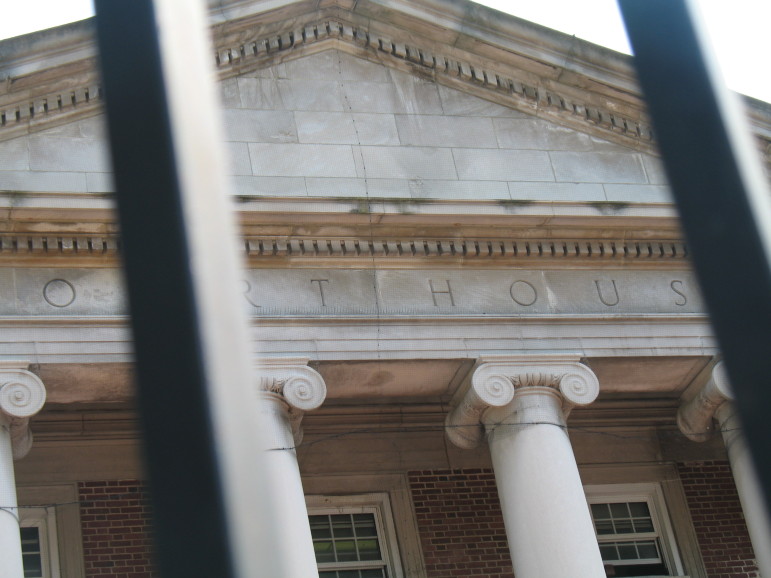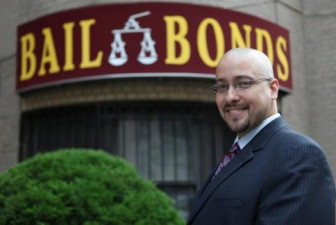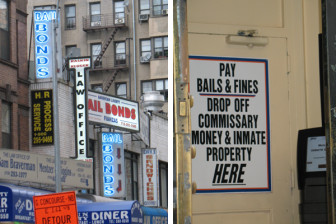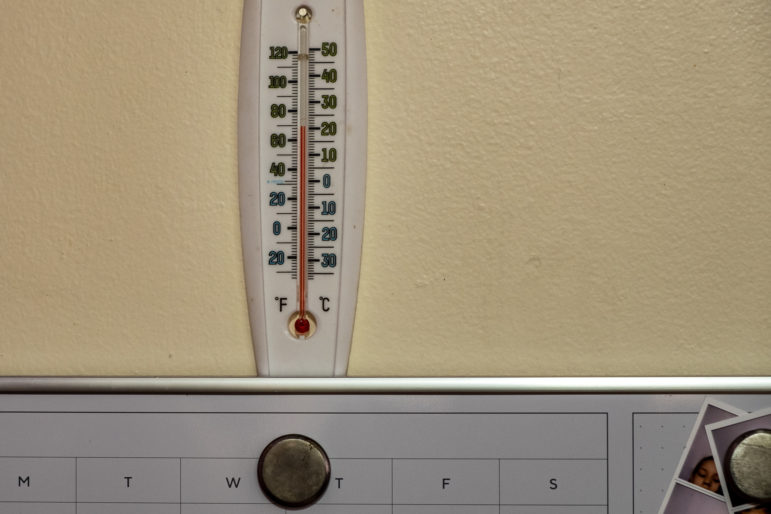
Jarrett Murphy
Criminal Court in Staten Island
A recent Daily News editorial titled “City Council: Do not pass go on bad-idea bail fund” erroneously asserted that the city-wide bail fund being considered by the City Council was unnecessary, a waste of taxpayer dollars, and would undermine the authority of judges.
With all due respect to The Daily News, I could not disagree more.
A city-wide bail fund would provide the 11,000 low-income New Yorkers who cannot afford bail with an alternative to waiting for their trial behind bars. It is important to remember that these individuals face misdemeanor charges; they have not yet been found guilty of any crime in a court of law. But because they cannot post bail, they are forced to sit in jail, wasting millions in taxpayer dollars at the same time jeopardizing their ability to be productive citizens. That makes no sense. They deserve the same access to resources to navigate the justice system as middle-income and high-income residents.

Sen. Rivera
Gusatvo Rivera is a Democratic State Senator representing the 33rd District in the Bronx.
The $1.4 million city-wide bail fund idea is inspired by the Bronx Freedom Fund, a successful Bronx-based program that came into existence after New York State passed the Charitable Bail Law in 2012, which I sponsored. In its first year, the Bronx Freedom Fund reported that 98 percent of those for whom it posted bail showed up for their trial. The money used for bail was simply returned to the Fund, to be used for the next case – at the same time saving taxpayers the funds it would have cost to incarcerate them.
Further, 56 percent of the cases were dismissed, and all charges against those individuals were dropped. An additional 23 percent of the cases resulted in a non-criminal disposition. These individuals did not bypass the criminal justice system; they were judged by a New York State court of law and found to be not guilty.
According to the New York City Independent Budget Office, it costs New York City taxpayers $125 million a year to incarcerate pre-trial detainees who are unable to pay their bail. Based on that figure, the return on the $1.4 million investment of a successful city-wide program is enormous.
The role of a charitable bail fund in the criminal justice system does not undermine the judgment of the court, but instead provides an alternative for a system that has been characterized by many, including New York State Chief Judge Jonathan Lippman, as “unfair to poor people and unnecessarily expensive.”
New York is one of only four states in the country where judges are still not able to consider the risk a defendant might have to public safety when setting bail. That means these 11,000 New Yorkers are currently held in jail awaiting trial not because they are a danger to society, but instead because they are simply too poor to put forth the monetary collateral expected by the court to ensure their presence at future proceedings.
The implementation of a bail fund does not take away judges’ prerogative to hold a defendant without bail or set the bail amount above $2,000 if they deem it necessary. The law I passed in 2012 set clear guidelines that only allowed charitable bail organizations to post bail for low-income residents facing a misdemeanor case where bail is set at $2000 or less. The city program would have similar requirements.
Being incarcerated while awaiting trial is not the only consequence for low income-defendants. The collateral costs that result from pre-trial incarceration can range from homelessness to unemployment to deportation – all for a crime that they may have not committed.
These New Yorkers will need the government’s help to get back on their feet whether it’s providing them with shelter, food assistance or unemployment benefits – needlessly costing the taxpayers additional resources.
In the past few months, the shortfalls of our criminal justice system have been brought to the forefront as we have seen firsthand how it can be both unjust and unbalanced. As we move forward and work toward reforming a broken system it is important to highlight, promote and expand programs that have proven to be successful in making the justice system more effective and just. A city-wide revolving bail fund is one of those programs.
Background on Bail
In 2007, City Limits published an investigation of the city’s bail system and its impact on low-income people. A similar report by Human Rights Watch in 2010 helped build momentum for bail reform, which was eventually taken up by city legal-rights organizations, the state’s chief judge and the Council speaker.
* * * *









